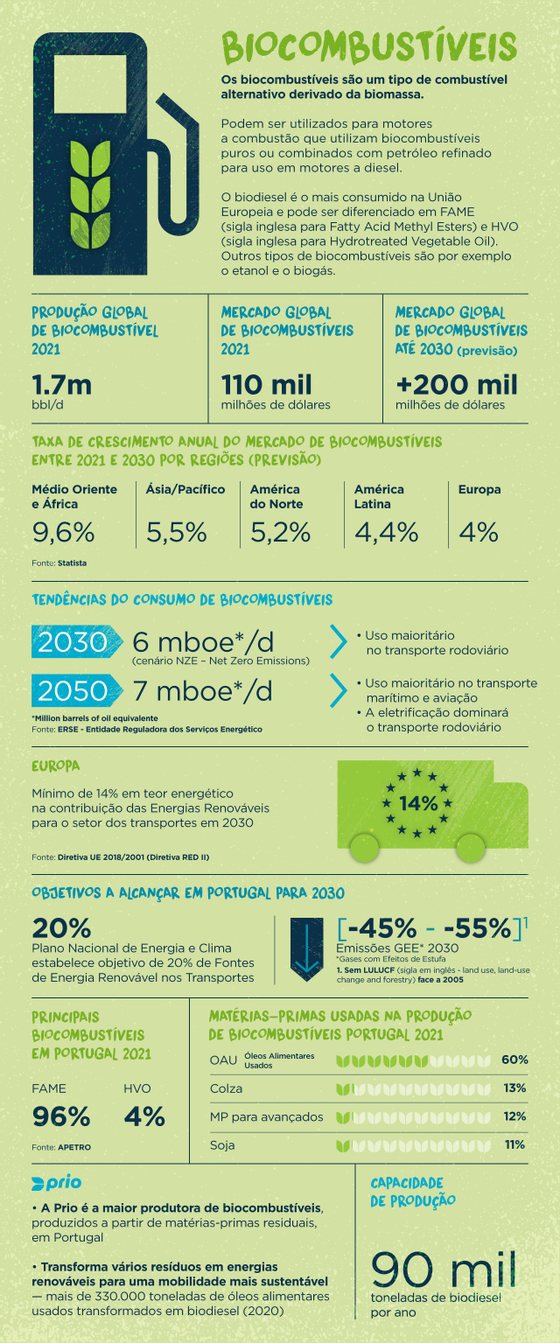Sustainability is a buzzword these days, but are we all aware of what it means? In addition to issues related to growing concern for the environment, the word takes on new dimensions with more and more people embracing a sustainable way of being and reflecting this philosophy in their consumption choices. The brands that follow this trend are approaching the concept of sustainability, positioning themselves as socially responsible and respectful of the environment.
The meaning of sustainability has been widely discussed, but very little understood in its true dimension. Initially, it emerged associated with the environment, that is, with the ability of ecosystems to recover and reproduce in the face of external aggression.
Subsequently, it began to be applied to the economy due to the realization that the planet’s resources are scarce, giving rise to the expression sustainable development, which warns that nothing justifies that economic and technological advances can destroy the planet and endanger the future of future generations.
Finally, sustainability also began to be seen in the prism of the social dimension under the premise that for a healthier society it is necessary to fight against social inequalities. The three dimensions of sustainability -environmental, economic and social- must interact in a balanced way so that human development and economic growth are compatible with the preservation of the environment.
The fight against climate change is a challenge for humanity and cannot (and should not) be ignored. Biofuels allow us to take a firm step towards long-term energy sustainability with the added bonus of contributing to a lower emission of carbon dioxide, which is largely responsible for the increase in the greenhouse effect that drastically affects the balance of the planet and contributes to global warming. .

Infographic: Joana Figueirôa
But what exactly are biofuels?
Biofuels are a type of fuel derived from biomass and can partially or totally replace fuels derived from oil and natural gas. They can be used for combustion engines that use pure biofuels or combined with refined oil for use in diesel engines, reducing dependence on so-called fossil fuels.
Depending on the raw materials used, biofuels can be called conventional or first generation, coming mainly from food crops for human or animal consumption (for example, cereals, sugar cane, sugar beet and oilseeds) or advanced biofuels, called second and third generation, produced from waste or debris.
Biodiesel replaces diesel and bioethanol is an alternative to gasoline. Cooking oils used in the home can be used as feedstock for biodiesel production. The sustainable alternative has also been a bet in Portugal. The recycling of used cooking oil takes on added importance and to encourage the Portuguese to give new life to this waste which, as a general rule, ends up in the sewers and pollutes the water, PRIO launched a project in which they were distributed oils from north to south of Portugal.
Legislation to protect the environment
So that respectful attitudes towards the environment do not go unnoticed, European legislation has implemented policies to promote the use and production of renewable energies. The rules set mandatory targets for all member states to incorporate 14% renewable energy in transport by 2030. However, each member state is free to define their goals to achieve the imposed targets. Biofuels are an obvious bet since they have the possibility of being used in vehicles that are already in circulation. However, it is necessary to leave a warning that is also provided for in the legislative norms: the sustainability of biofuels can only be ensured if they do not affect the continuous production of food or contribute to deforestation.
Prío at the forefront of biofuels
In line with the objectives set to protect the planet, Prio has been at the forefront of biofuels. PRIO is the largest producer of biofuels in Portugal, and produces them from residual raw materials, such as the recycling of used cooking oil. Through this production, it contributes to around 1/3 of the CO2 emissions avoided in mobility in Portugal. To ensure the flow of these biofuels, it operates and supplies a network of more than 250 service stations from north to south of Portugal.
Located in the Port of Aveiro, the Prio biodiesel production unit has a capacity of 113,880 tons per year and a quality control laboratory that operates 24 hours a day. In collaboration with multiple research and development institutions, Prio has developed tests with the support of several universities that have shown good results, backed by consumer satisfaction with this brand’s biodiesel. Produced according to the most advanced technologies, which guarantee the quality of the final product, the high quality standards allow not only to comply with the European Quality Standard EN14214, but also to guarantee a product with the most demanding specifications. This is how the company ensures that any diesel engine powered by PRIO Biodiesel maintains its performance while reducing its impact on the environment. Since 2010, all diesel for road use sold in Portugal incorporates biodiesel to meet European objectives, and in 2022 the objective is 11% in energy content.
Biodiesel is also produced at the Aveiro plant for ship fleets that want to reduce their ecological footprint without the need for additional investments in adapting the fuel to ship engines. The maritime sector is one of the main sources of greenhouse gas emissions, accounting for around 3% of total CO2 emissions. The sector’s global fuel consumption is estimated at 330 million tons per year, higher than that of aviation and more than twice that used by road freight transport.
In all the sectors in which Prío Biocombustíveis operates, which has joined the Business Council for Sustainable Development, it is committed to adopting standards and practices in accordance with ethical, social, environmental and quality management standards to contribute to a more sustainable world. .
Source: Observadora
